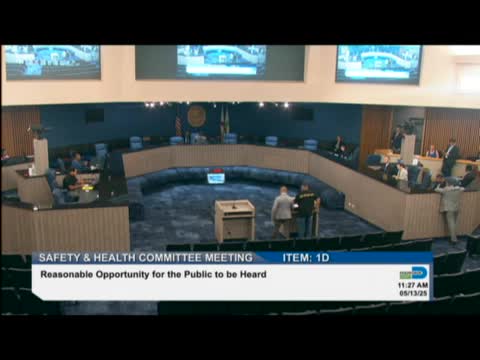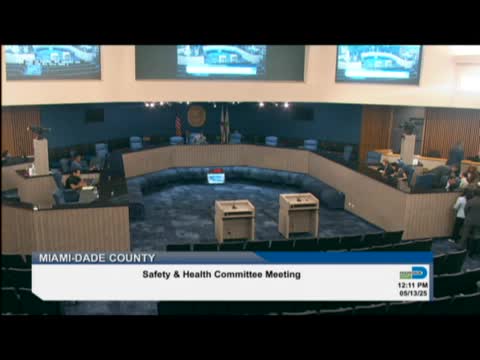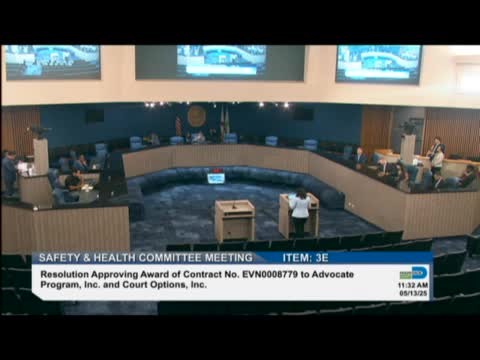Article not found
This article is no longer available. But don't worry—we've gathered other articles that discuss the same topic.

Resident urges commissioners to reopen closed mental health facility to reduce street homelessness

Committee approves 5-year lease for sheriff's warehouse, county attorney says county can own property sheriff cannot

